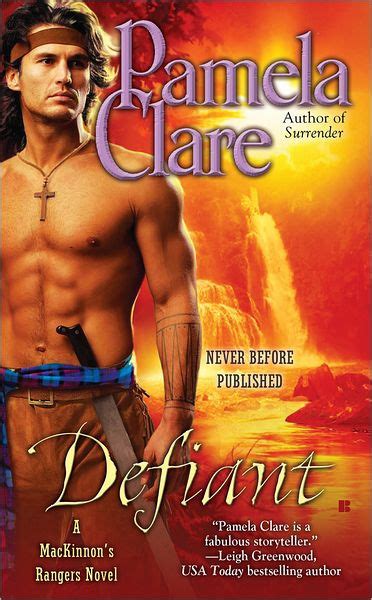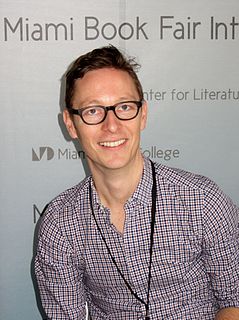A Quote by David Shields
With relatively few exceptions, the novel sacrifices too much, for me, on the altar of plot.
Quote Topics
Related Quotes
The funny part of it all is that relatively few people seem to go crazy, relatively few even a little crazy or even a little weird, relatively few, and those few because they have nothing to do that is to say they have nothing to do or they do not do anything that has anything to do with the war only with food and cold and little things like that.
I always write a draft version of the novel in which I try to develop, not the story, not the plot, but the possibilities of the plot. I write without thinking much, trying to overcome all kinds of self-criticism, without stopping, without giving any consideration to the style or structure of the novel, only putting down on paper everything that can be used as raw material, very crude material for later development in the story.
As I write each new Thorne novel, I'm determined that whatever is happening plot-wise, a new layer of the onion will be peeled away and reveal something about Thorne that is surprising to me as much as anyone else. If I can remain interested in the character, then hopefully the reader will stay interested, too.



































